Dundee murderer Robbie McIntosh goes before the parole board again after being convicted of attempted murder for his brutal attack on Linda McDonald. Our reporter Paul Malik writes about why he should remain in jail.
In 2018, days after cowardly Robbie McIntosh was sentenced for a second time, I spoke with a retired police officer who had been involved in his first case.
They spoke at length about how he was monitored for signs of radicalisation after converting to Islam behind bars, and his mother’s role at Castle Huntly open prison as a social worker before he was transferred there.
But their biggest worry was, when it came time for McIntosh to be put in front of a parole board, his psychopathic past would have faded from public memory.
And that fear is why The Courier’s A Voice for Victims campaign is so important.
McIntosh showed no remorse
Before that conversation, I had spent two days in the High Court — first in Edinburgh and then Aberdeen — to report on McIntosh admitting to what he had done to Linda McDonald.
We say “admitted”, but his blank expression met with indifference the brutality of the crime he had committed, as details of his harrowing attack were read aloud.
He reacted, if at all, with the remorse of someone being handed a parking ticket.
Every line uttered by advocate depute Iain McSporran KC was met with shock in the crowded public gallery.
To give clearer context, the details of his first brutal crime were also relived before Lord Arthurton.
A collective repulsion by assembled journalists is normal at any High Court session where the crime is so abhorrent.
But what we could not get our heads around was how he had been allowed out to do it again.
He had already killed before.
McIntosh bludgeoned Linda with a dumbbell in Clatto Woods in 2017 when the convicted murderer was on home leave from Castle Huntly prison while serving a life sentence for the 2001 murder of Anne Nicoll.
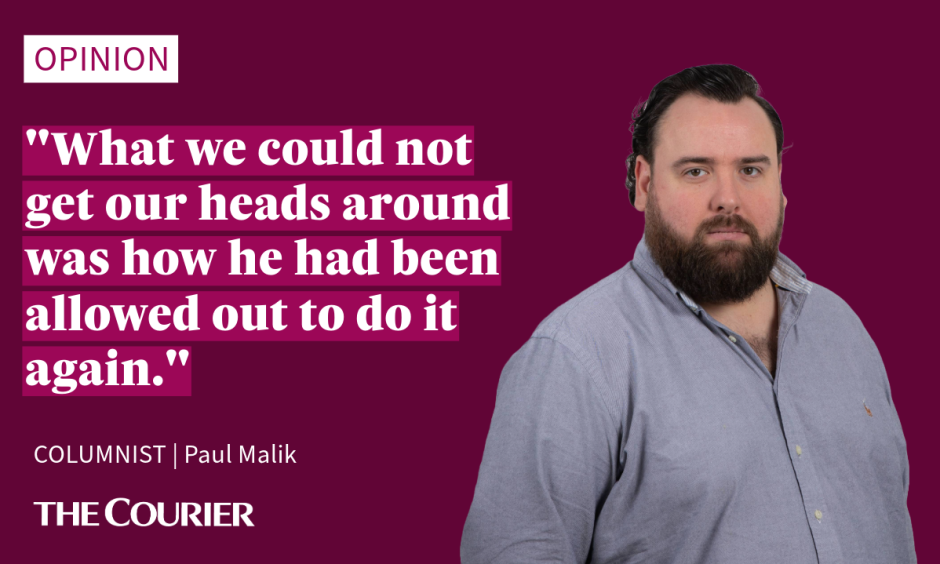
And yet, he convinced teams of experts he was suitable for home release. That he was a reformed character.
Then he tried to murder Mrs McDonald.
Report said McIntosh may have ‘played the system’
Mrs McDonald told us she felt local authorities “gambled with her life” after he seemingly “fell through the gaps” as a Significant Case Review (SCR) was carried out.
The report, which investigated who was responsible for letting McIntosh back into civilised society, was repeatedly delayed.
When it was finally published, more than two years after Mrs McDonald was almost murdered, it revealed McIntosh had been considered a “high risk” prisoner just months before his release.
Not just that, but the family of Anne Nicoll had pleaded the year previously for McIntosh not to be released. At that point he was only 13 years into his first life sentence.
McIntosh was subject to several licence conditions, but the level of monitoring was “less than what might be considered reasonable”.
Police in Angus were not notified he was staying at his mother’s house in Bridgefoot when he attacked Mrs McDonald. He was not included in any of their daily briefings around the time of the attack.
A search of McIntosh’s cell after the attack discovered he had been reading a book which included details about his murder of Anne Nicoll in 2001 and a novel about a lone man who attacks women in woods.
Prison staff questioned whether McIntosh had been “box ticking” or “playing the system” in order to secure early release.
We reported how McIntosh enjoyed trips to Dundee long before he was released on weekends to his mum’s.
But without an open parole hearing, how can the public be reassured these lessons have been learnt this time?
Both the murder and the attempted murder took place in the month of August, the first in 2001, the second 2017.
Why the parole board deem it appropriate to hold the hearing so close to these infamous dates beggars belief.
Does holding a parole hearing close to the killer’s remand date, so often when those jailed have their sentences backdated to, supersede the survivor’s trauma? It certainly seems so.
It is another in the long list of reasons why the parole system should be more transparent, more scrutable to open justice.
Bravery of Linda McDonald
Mrs McDonald and her husband Matt showed incredible bravery facing McIntosh in court.
She should never have had to.
In the years since, Linda has become a tireless campaigner for change to our justice system, with those at the receiving end of crime needing to be at its heart.
Again, she should never have had to.
There is a reluctance by our politicians to grasp the thistle over justice reform. You only need to spend an afternoon in one of our over-stretched and underfunded Sheriff Courts to appreciate that.
Linda McDonald is a survivor. She refuses to be McIntosh’s “victim”.
They shouldn’t need to go through this process
During the pandemic, while queuing outside a Dundee shop on a chilly April morning, Linda approached me and my wife, who was heavily pregnant with our first child.
We were full of nerves with all the usual worries surrounding the approaching due date, compounded with the fear life might never return to normal. And it was clearly displayed across our furrowed brows.
Linda struck up a conversation (unaware, I’m sure, of who I was) and within seconds she and my wife were talking as if old friends. During what was a particularly difficult time, it stands out as a positive.
Mrs McDonald and her husband probably have no recollection of this conversation and I hope I haven’t overstepped the mark. My guess is, that it is just the type of people they are — affable, kind, outgoing in the face of adversity.
And it is for that I hope McIntosh is left languishing in prison for the rest of his life.
And that meaningful reform is brought to our parole system, so that in future good people like the McDonalds do not have to go through this dreadful process.
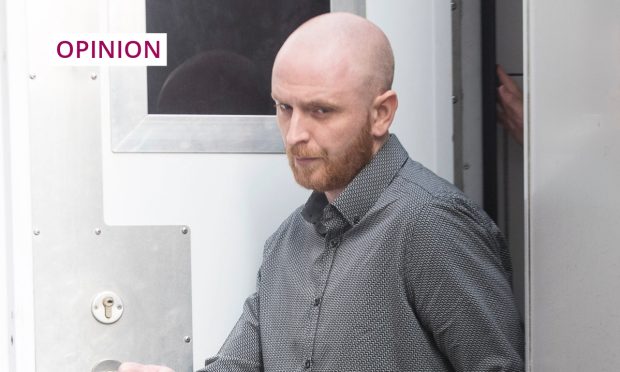
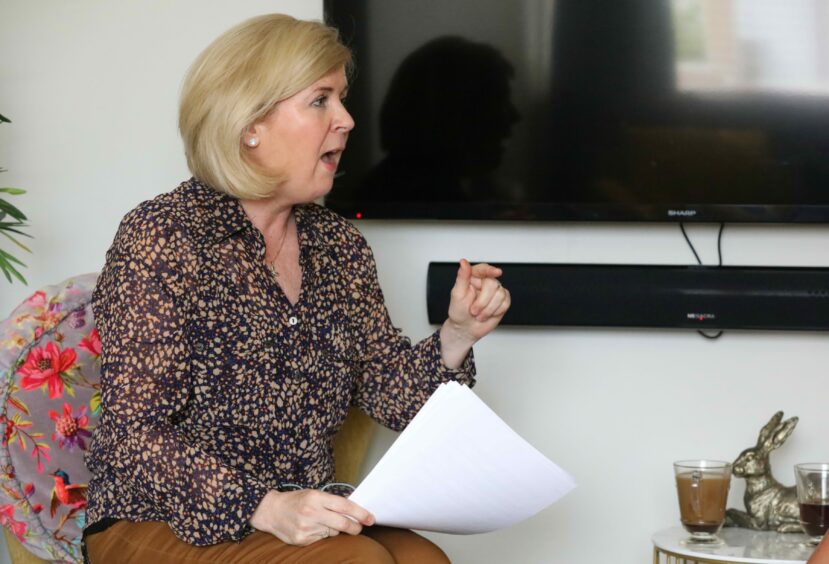
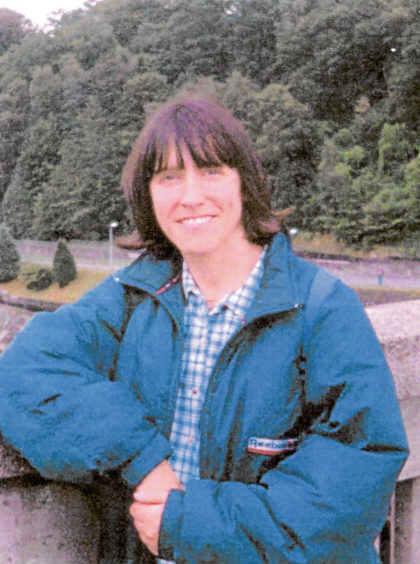
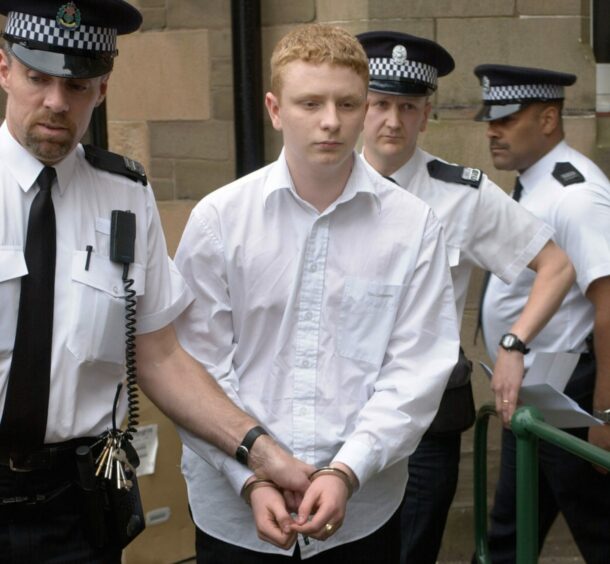
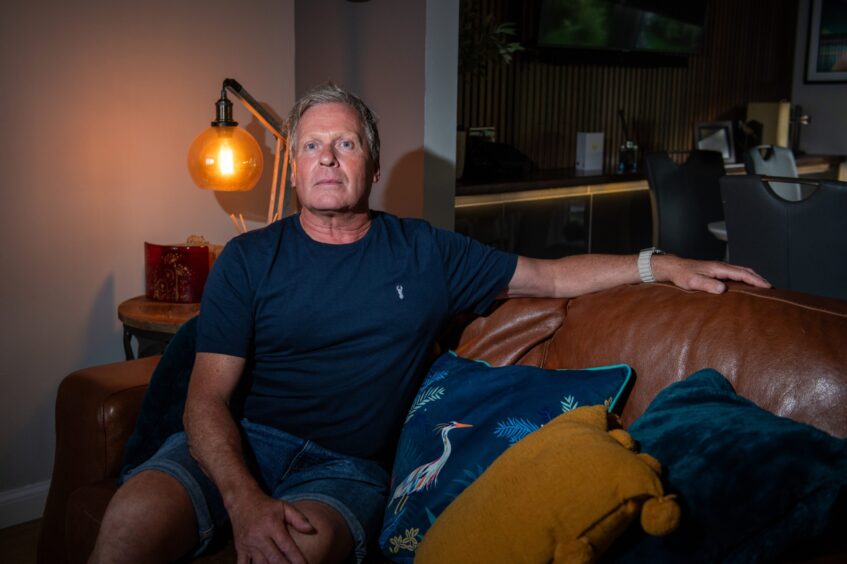





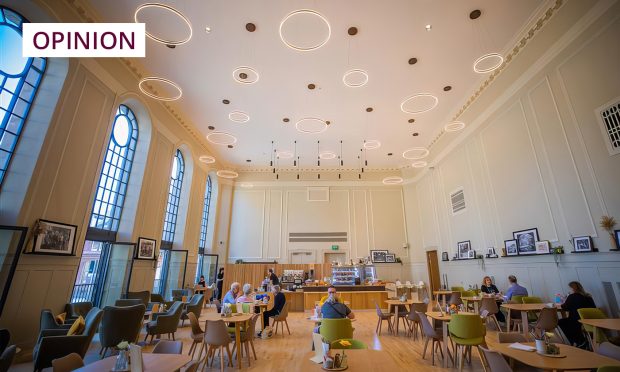


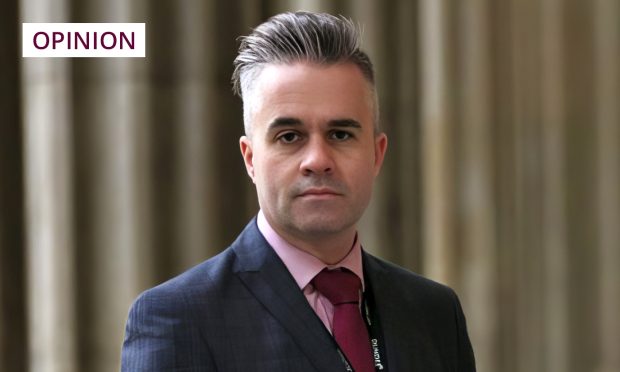

Conversation